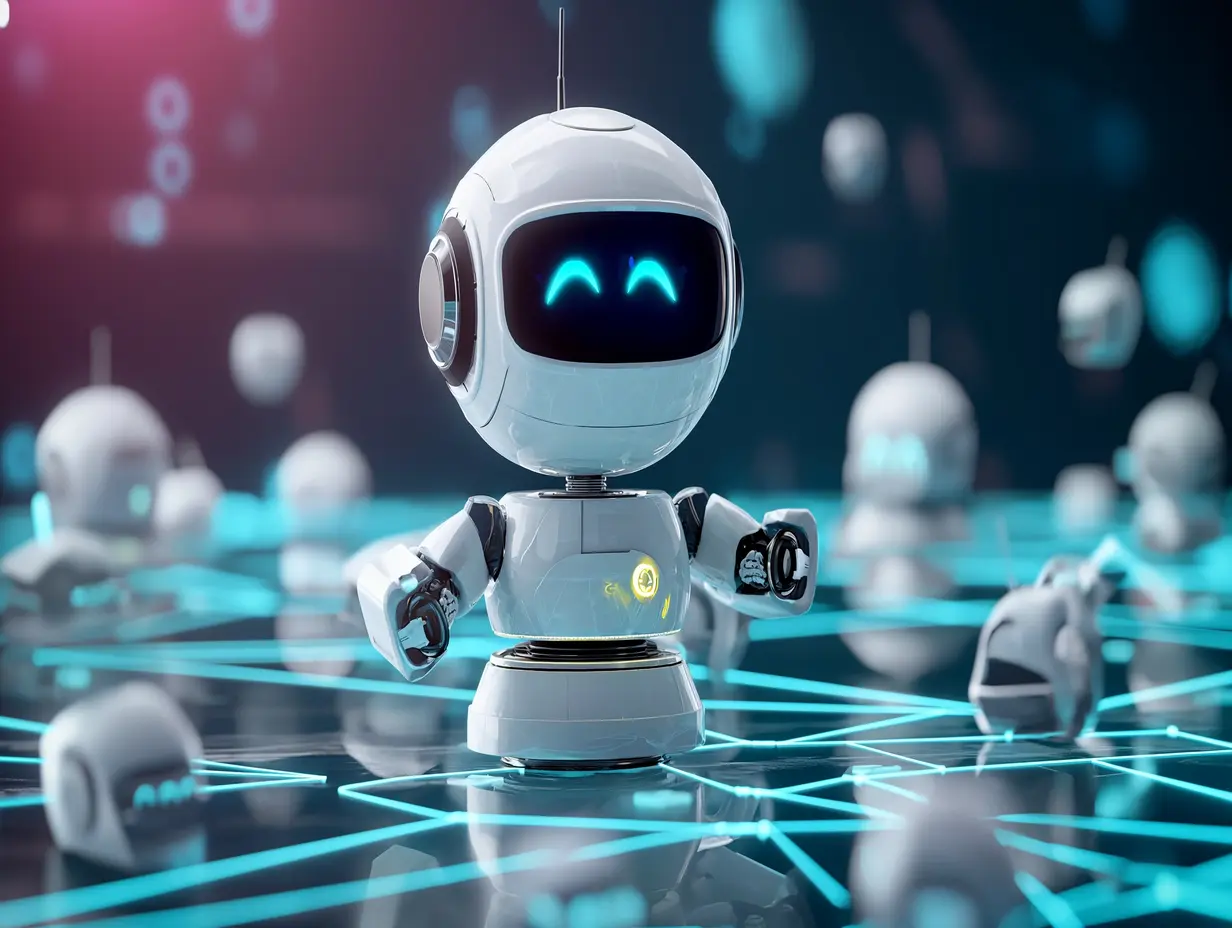In a bid to streamline operations and reduce costs, the UK government has announced plans to integrate chatbots into various sectors of the civil service, aiming to replace some human roles with artificial intelligence (AI). Deputy Prime Minister Oliver Dowden revealed the initiative, emphasizing its potential to save taxpayers millions of pounds while enhancing efficiency.
Leveraging Chatbots for Cost-Saving through AI Implementation
Deputy Prime Minister Dowden introduced a £110 million initiative aimed at harnessing AI technology and specialized personnel to undertake administrative tasks within the civil service. This move aligns with the government’s agenda to optimize resources and rein in expenditure, particularly amidst the economic challenges exacerbated by the pandemic.
The plan emphasizes the necessity of adapting to technological advancements to achieve sustainable reductions in headcount. Dowden emphasized the ballooning size of the civil service, attributing its growth to pandemic-related factors and Brexit preparedness. By leveraging AI, the government aims to curtail this expansion and foster a leaner, more agile bureaucracy.
Shift towards remote work and technological integration
A recent survey by recruitment firm Randstad revealed a widespread preference among civil servants for remote work, with an average desire to spend just 2.1 days per week in the office. This sentiment mirrors broader trends across various sectors, indicating a shift towards flexible work arrangements.
However, despite this inclination towards remote work, the government is actively encouraging a return to office-based operations. Chancellor Rishi Sunak has been leading efforts to transition government employees away from remote work, echoing similar sentiments expressed by Prime Minister Boris Johnson and his allies.
Potential for substantial savings and efficiency gains
The integration of AI technologies such as chatbots holds significant promise for cost reduction and operational efficiency across the public sector. According to estimates by the IPPR think tank, the widespread adoption of AI in government operations could yield annual savings of up to £24 billion.
By automating routine administrative tasks, Chatbots can alleviate the burden on human resources, allowing civil servants to focus on more complex and strategic initiatives. This reallocation of manpower is expected to enhance productivity and service delivery while driving down operational costs.
The government’s decision to embrace AI technology represents a pivotal step towards modernizing the civil service and adapting to the evolving demands of the digital age. With the implementation of chatbots, Whitehall aims to achieve substantial savings, streamline operations, and deliver more efficient public services to citizens.
As the UK navigates the post-pandemic landscape and seeks avenues for economic recovery, the integration of AI stands as a testament to the government’s commitment to innovation and efficiency in governance. While challenges may arise in the transition process, the long-term benefits of technological integration are poised to reshape the landscape of public administration for years to come.
Land a High-Paying Web3 Job in 90 Days: The Ultimate Roadmap
 Chatbots
Chatbots